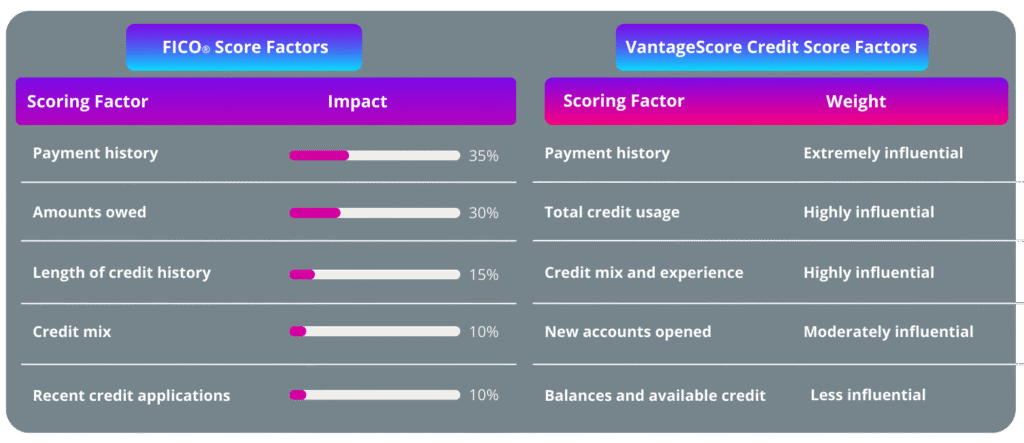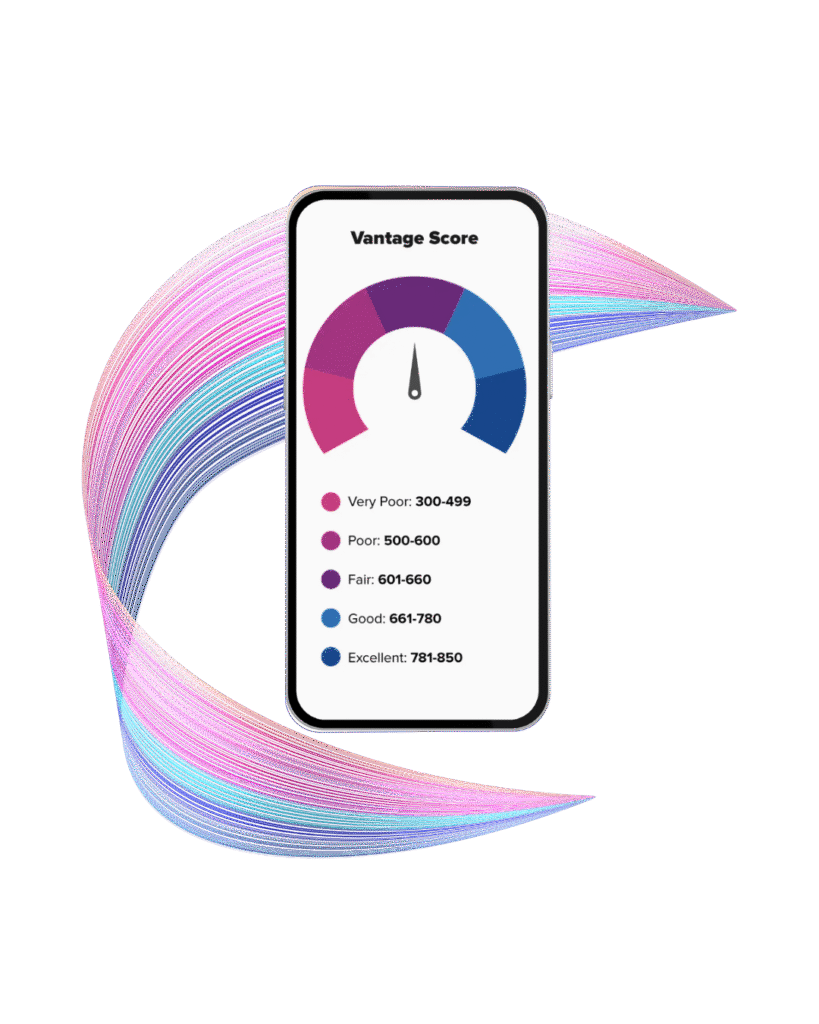How Long Will It Take to Repair My Credit History?
How Long Will It Take to Repair My Credit History? Table of Contents A low credit score can make life harder. It may block you from loans, apartments, or even some jobs. Many people struggle to fix their credit, feeling lost or unsure where to start. It is normal to feel frustrated when your […]










